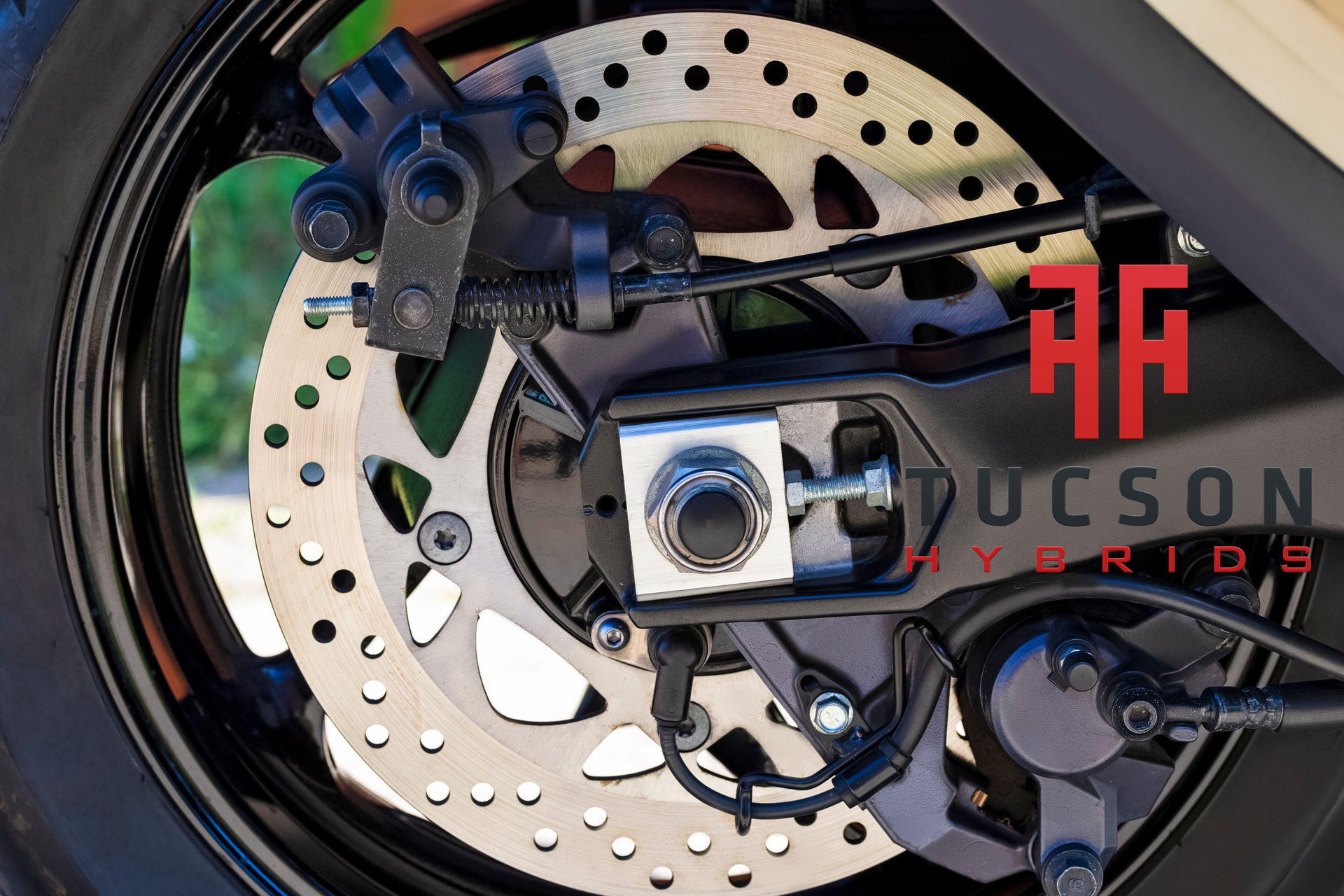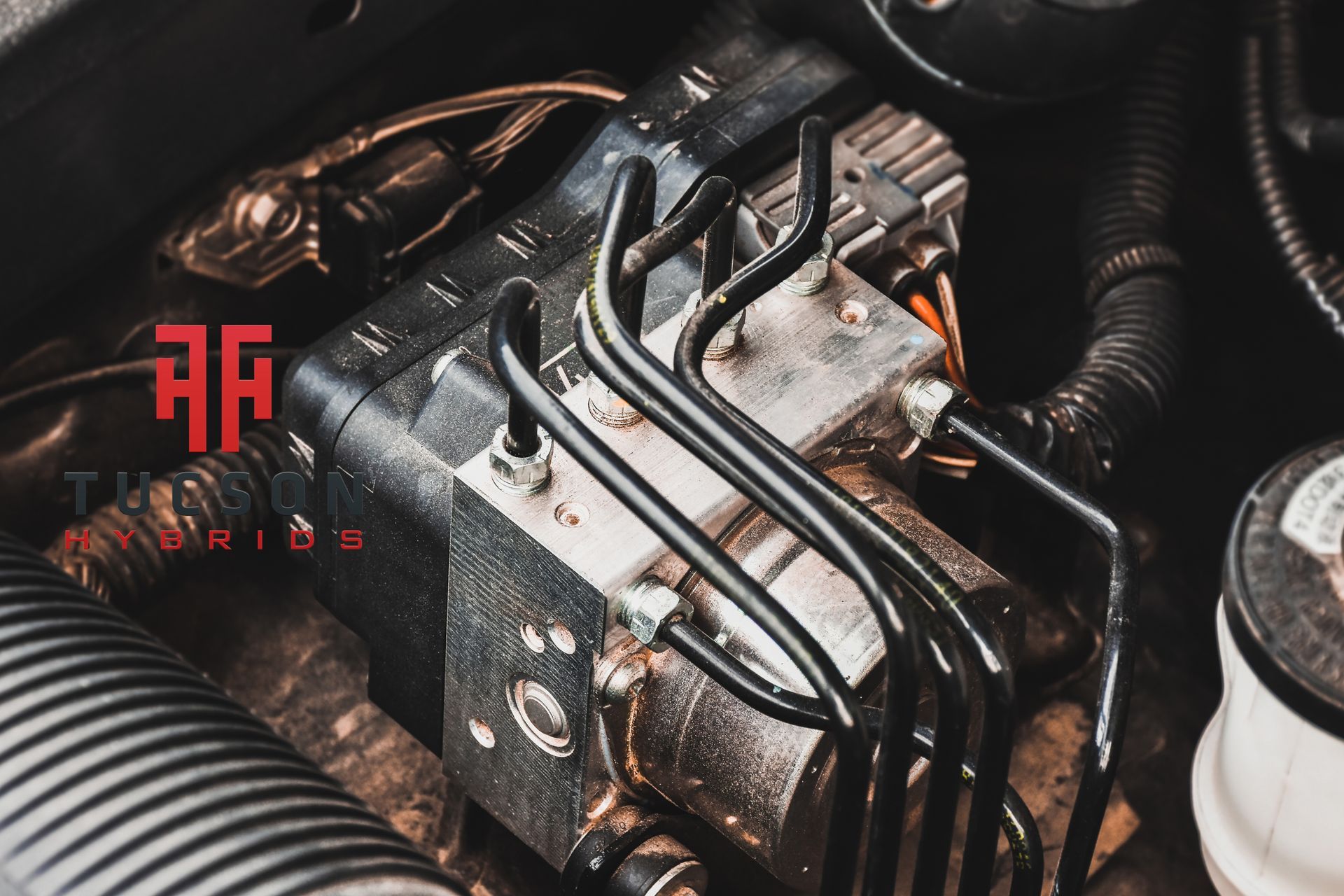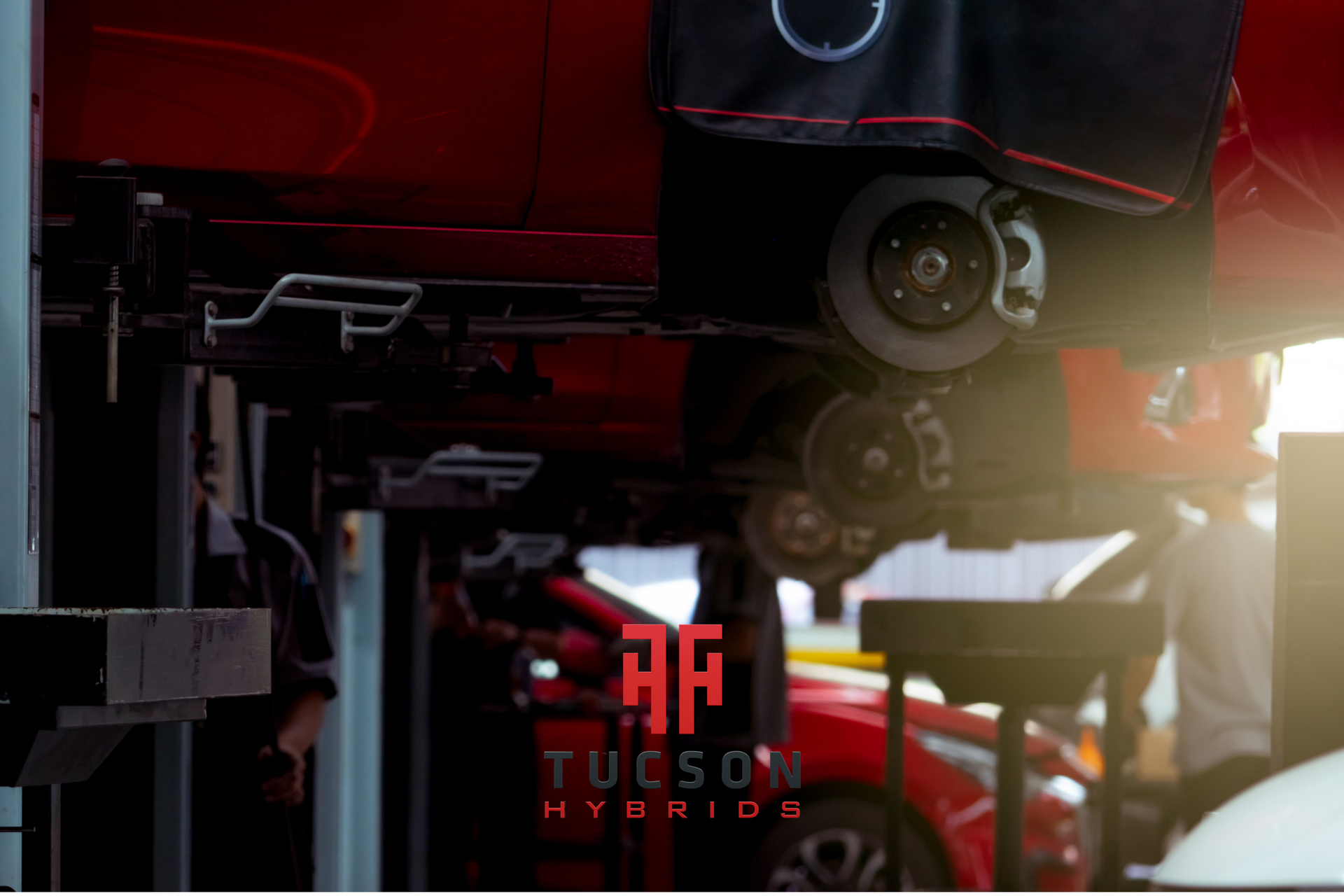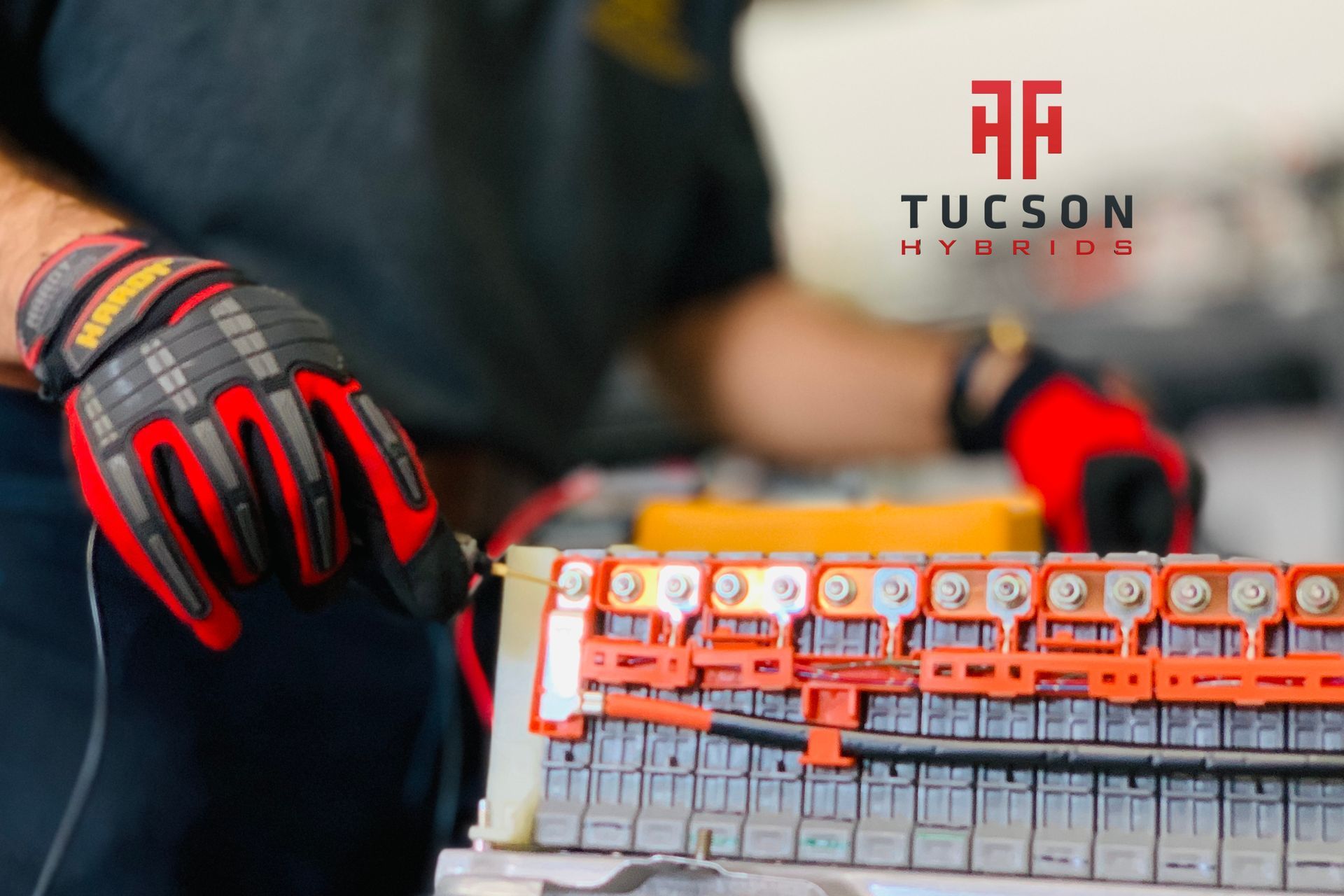AUTO REPAIR FOCUS MORE ON COMMUNICATION
The key to unlocking car problems
lie in the hand of the car owner, as he knows his car better and is the first to
notice any performance changes. That information is all a technician needs to redeem a broken car from any
unlikely condition. But most of the times, car owners, in a bid to not appear less knowledgeable of their cars or
curtail repair cost, withhold this information from technicians.
From their point of view, that is a way of getting the car fixed with the littlest budget as possible. What they,
however, fail to understand is that the more a technician knows about the problem of a car, the easier it will be
to identify the car’s problem and possible remedies. But withholding useful information from a technician and
rather pointing them to what you think is the problem of the car could make you lavish the money you intended
to economize.
Offering a diagnosis or requesting a specific service operation on your car will limit the technician in the sense
that your diagnosis may be wrong. So the technician gets to work on a problem that never existed, hence
making you spend extra money to solve the real problem when it is discovered.
It is best to divulge every information about your experiences with your car to your technician. A simple
description of the symptoms your car exhibits will go a long way to give your technician a picture of the car’s
problems. That simple description may rule out the diagnosis, as the technician may have come across such
before.
Keeping your technician rightly informed about the state of your car doesn’t necessarily imply making a
“speaking” career out of what is meant to be a brief but highly informative chit-chat. For instance, all the info a
technician needs may be the following;
* Are any warning lights on?
* When was the problem first noticed?
* Does anything feel different to you? (Steering pulls, brake pedal spongy, vibration, etc.)
* Do you hear anything strange? (Rattling backfires, screeching, etc.)
* Do you notice any leaks or fluid stains at your parking lot?
* At what particular time does this problem occur?
The above and a few more are all a technician needs to determine car problems and have them fixed. So
instead of telling him to “fix your headlamp” because the lights aren’t shinning as they used to, try explaining
the above listed to him. Also, answer whatever question he may have for you about the car. To avoid a
question and answer session at the workshop, you can alternatively put your observations in writing before
heading to the shop.
Effective communication
cannot be underestimated in auto repair. As a matter of fact, auto repair focuses more
on communication. In all honesty, disclose every observation to a technician, including the number of shops
that fixed your car in the near past. If you attempted doing so yourself, disclose that too. All these inform a
technician’s approach to the diagnosis.
If you fear that your observations are irrelevant, do well to state them anyway. Remember, the information is
not for you. It is to aid the technician put your car in perfect condition. Note that a seemingly minor issue could
save great time and money. Always have at the back of your mind that clear and thorough communication is
the key to have car problems solved quickly, easily, and affordably. Do well to share useful info and watch
everyone (including you) benefit. Book an appointment with us
.










